On the morning of June 27, the National Assembly officially voted to pass the Law amending and supplementing a number of articles of the Law on Credit Institutions, with 435/443 delegates participating in the vote in favor, reaching a rate of 98.19%.
Governor of State Bank decides on special loan
The new Law on Credit Institutions amends and supplements Clause 1, Article 193 in the direction that the State Bank (SBV) decides to grant special loans with or without collateral to credit institutions (CIs) in cases where CIs are subject to mass withdrawals to pay depositors, or in cases where recovery plans or compulsory transfer plans are implemented by CIs under special control.
Collateral for special loans from the State Bank as prescribed by the Governor. Special loan interest rate is 0%/year.
Under the old law (2024), special lending was under the authority of the Prime Minister .
Prohibition of confiscation of immoral property
The new law adds Article 198a (right to seize secured assets), Article 198b (seizure of assets of the judgment debtor being used as collateral for bad debts) and Article 198c (return of secured assets as evidence in criminal cases) after Article 198.
Accordingly, the guarantor, the person holding the collateral of the bad debt, is obliged to deliver the collateral along with the legal documents and records of the collateral to the credit institution, debt trading and handling organization for handling according to the agreement in the guarantee contract or in other documents and provisions of law on guaranteeing the performance of obligations.
In case the guarantor or the person holding the secured assets does not hand over the secured assets to the credit institution or debt trading or settlement organization for settlement, the credit institution or debt trading or settlement organization may seize the secured assets.

Credit institutions and debt trading and settlement organizations have the right to seize collateral of bad debts when meeting the following conditions: Seizure is regulated in the Civil Code; the guarantee contract clearly agrees that the guarantor agrees to allow the secured party the right to seize collateral of bad debts;
At the same time, the secured assets are not the subject of a dispute in a case that has been accepted by a competent Court; the assets are not subject to temporary emergency measures, are not subject to seizure or enforcement measures as prescribed by law; are not subject to temporary suspension of handling as prescribed by law on bankruptcy and other conditions as prescribed by relevant laws (if any).
Before seizing secured assets, credit institutions and debt trading and handling organizations must carry out procedures to publicly disclose information about the secured assets to be seized and the reason for seizure (for secured assets being real estate, this must be done at least 15 days in advance).
The People's Committee at the commune level and the police agency at the commune level - where the secured assets are seized, within the scope of their functions, tasks and powers, shall ensure security, order and social safety during the process of seizing the secured assets.
In case the guarantor does not cooperate or is not present as notified by the credit institution, debt trading or settlement organization, the representative of the People's Committee at the commune level where the secured asset is seized shall participate in witnessing and signing the minutes of seizure of the secured asset.
During the process of seizing secured assets, credit institutions, debt trading and handling organizations, and organizations authorized to seize secured assets as prescribed in this clause must not apply measures that violate prohibitions of law or are contrary to social ethics.
The assets of the party subject to enforcement are being used as collateral for bad debts that are handled according to regulations on civil enforcement, if the security contract is signed and takes effect after the time the judgment or decision takes legal effect; is not related to the enforcement of the judgment or decision on alimony, compensation for damage to life or health, and has the written consent of the credit institution, debt purchase and settlement organization.
For evidence in a criminal case that is collateral for a bad debt, after completing the procedure for determining evidence and finding that the return does not affect the handling of the case and the execution of the criminal judgment, the prosecution agency may return the property at the request of the secured party, which is a credit institution or a debt trading and settlement organization, if the security contract has an agreement that the secured party agrees to let the secured party seize the property when the secured property is handled according to regulations.
The Law on Credit Institutions (amended) takes effect from October 15, 2025.
Source: https://vietnamnet.vn/ngan-hang-chinh-thuc-co-them-cong-cu-xu-ly-no-xau-2415575.html





![[Photo] President Luong Cuong attends the 50th Anniversary of Laos National Day](/_next/image?url=https%3A%2F%2Fvphoto.vietnam.vn%2Fthumb%2F1200x675%2Fvietnam%2Fresource%2FIMAGE%2F2025%2F11%2F27%2F1764225638930_ndo_br_1-jpg.webp&w=3840&q=75)
![[Photo] Prime Minister Pham Minh Chinh chairs the 15th meeting of the Central Emulation and Reward Council](/_next/image?url=https%3A%2F%2Fvphoto.vietnam.vn%2Fthumb%2F1200x675%2Fvietnam%2Fresource%2FIMAGE%2F2025%2F11%2F27%2F1764245150205_dsc-1922-jpg.webp&w=3840&q=75)

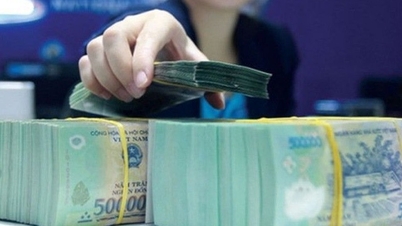

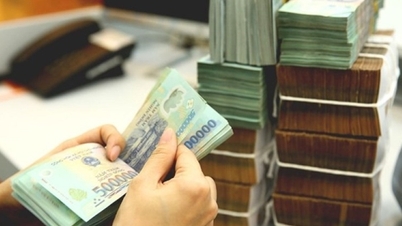







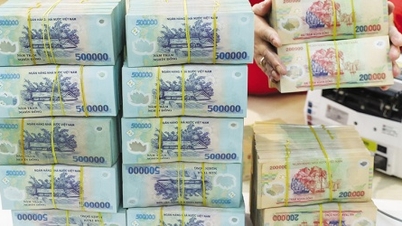



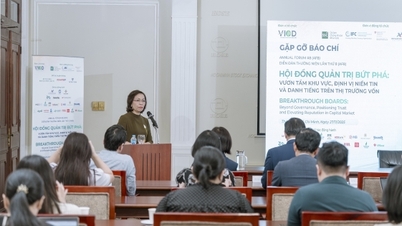













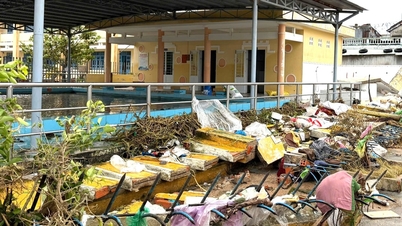


































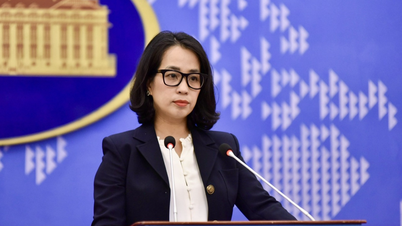




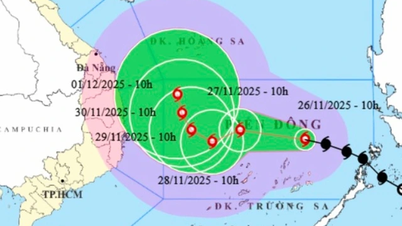
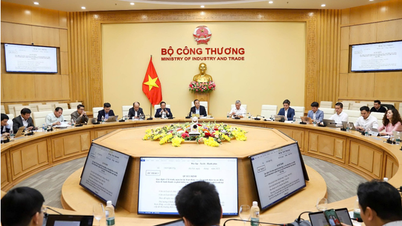

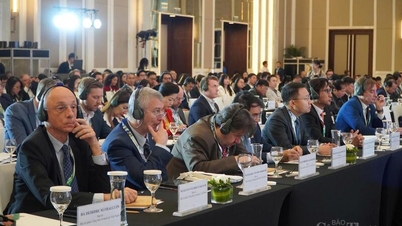
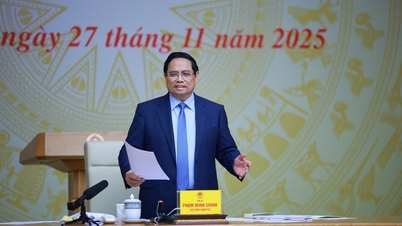























Comment (0)